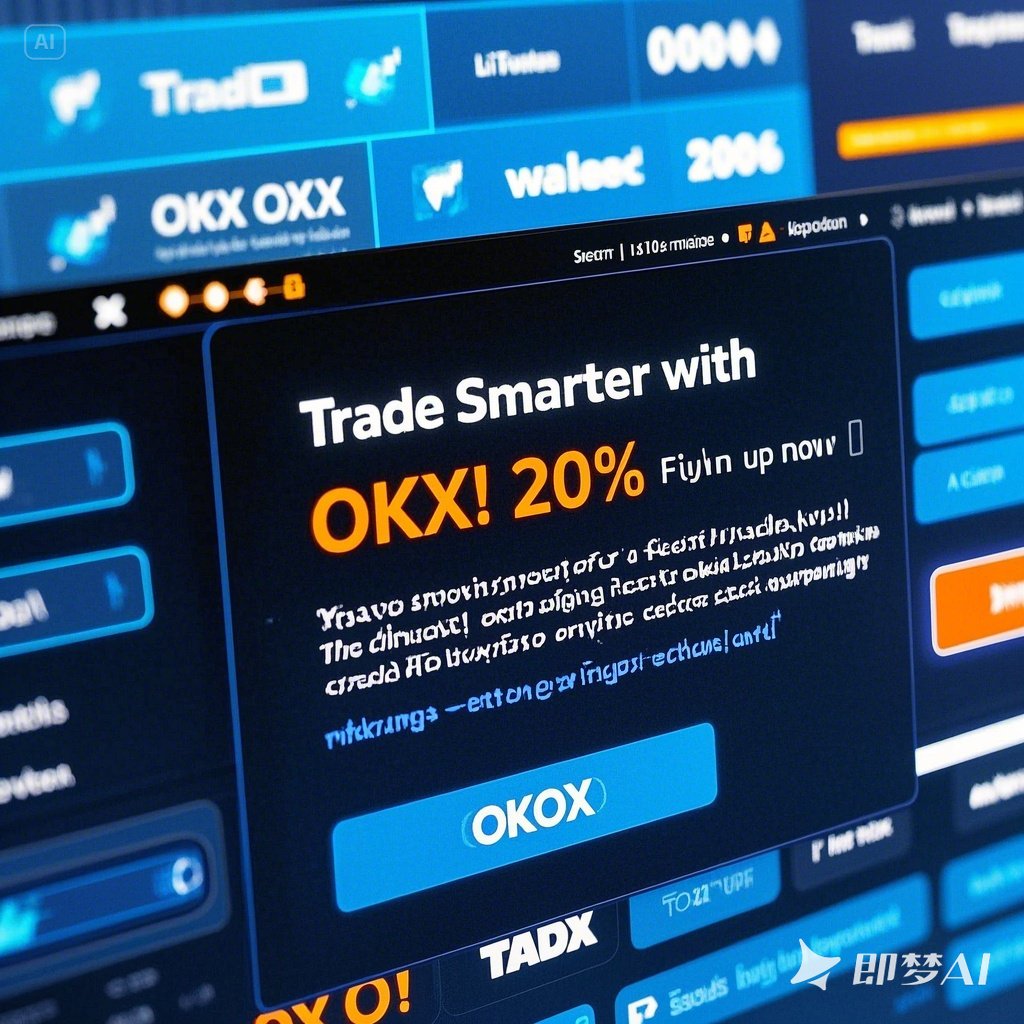HSI News: Can Trade Talk Optimism Push Hang Seng Index to 24,000 Despite Weak PMI Data?
Understanding the Hang Seng Index and its Composition
Understanding the Hang Seng Index and its Composition < < < h2 { color: #34495e; }
Overview of Global Trade Dynamics and Their Influence on Markets
Global trade dynamics play a pivotal role in shaping the global economy and influencing financial markets. Understanding these dynamics is essential for investors, policymakers, and analysts who seek to navigate the complexities of international commerce.
Key Components of Global Trade Dynamics
Trade Agreements: Bilateral and multilateral trade agreements between countries can significantly impact market behavior. For example, agreements like the North American Free Trade Agreement (NAFTA) or the Comprehensive and Progressive Agreement for Trans-Pacific Partnership (CPTPP) reduce tariffs and facilitate easier access to foreign markets, boosting exports and economic growth. Exchange Rates: Fluctuations in currency values directly affect trade flows. A stronger domestic currency makes exports more expensive and imports cheaper, potentially harming export-driven industries. Conversely, a weaker currency boosts exports but increases the cost of imports. Geopolitical Tensions: Political instability or conflicts can disrupt supply chains and lead to increased uncertainty in global markets. For instance, trade tensions between major economies like the U.S. and China have historically led to volatility in stock markets and commodity prices. Technological Advancements: Innovations such as automation, artificial intelligence, and blockchain technology are reshaping global trade by improving efficiency, reducing costs, and enabling new business models. These advancements also influence how companies operate across borders.
Influence on Financial Markets
The interconnectedness of global trade and financial markets means that changes in trade policies or economic conditions can ripple through various sectors. Here’s how global trade dynamics influence markets:
Stock Markets: Companies heavily reliant on international trade often experience fluctuations in their stock prices due to changes in tariffs, exchange rates, or geopolitical events. Investors closely monitor trade data to anticipate potential impacts on corporate earnings. Commodities: The prices of commodities like oil, gold, and agricultural products are highly sensitive to trade dynamics. Disruptions in supply chains caused by trade wars or sanctions can lead to sharp price swings. Currencies: Trade balances are a key determinant of currency strength. Countries with large trade surpluses tend to see their currencies appreciate, while those with deficits may face depreciation pressures. Interest Rates: Central banks often respond to trade-related challenges by adjusting monetary policy. For example, if a country faces a trade deficit, its central bank might raise interest rates to attract foreign capital and stabilize the currency.
Case Study: The Impact of Tariffs on Global Trade
Tariffs are one of the most visible tools used in international trade policy. When countries impose tariffs on imported goods, it raises their prices, making them less competitive domestically. This can lead to retaliation from trading partners, creating a cycle of escalating trade barriers. Such actions can harm specific industries, disrupt global supply chains, and negatively affect investor confidence. For instance, the U.S.-China trade war in recent years led to significant market volatility, as both nations imposed tariffs on billions of dollars’ worth of each other’s goods, affecting industries ranging from electronics to agriculture.
Conclusion
Global trade dynamics are a complex interplay of factors that collectively shape the economic landscape. As digital technologies continue to evolve and geopolitical landscapes shift, staying informed about these dynamics becomes increasingly important for anyone involved in finance or investing. By understanding how trade affects markets, individuals and institutions can better position themselves to capitalize on opportunities or mitigate risks in an ever-changing global economy.











